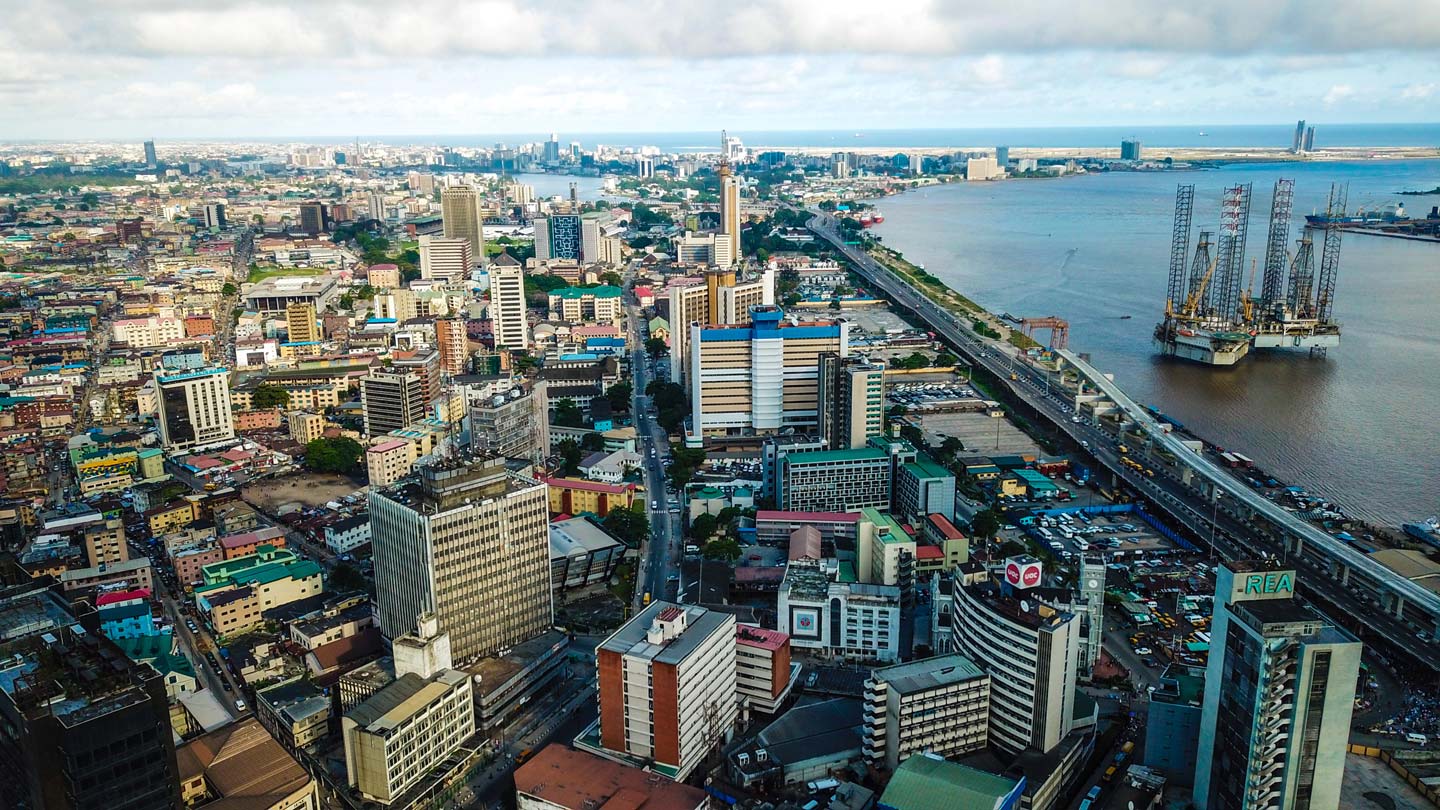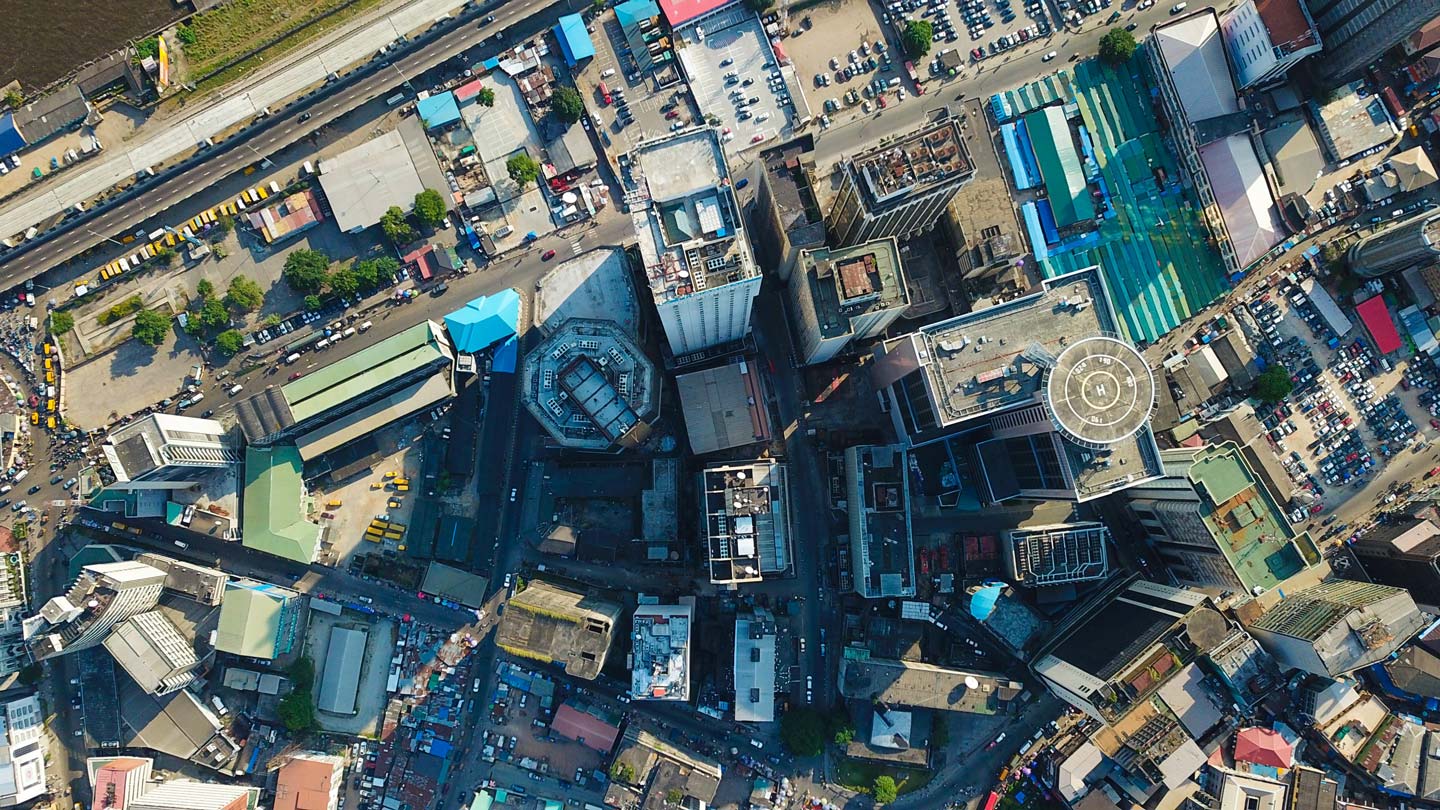Africa’s infrastructure deficit remains one of its most pressing development challenges, with an estimated financing need of over $100 billion annually. This gap, which stifles growth, limits competitiveness, and raises the cost of doing business, demands new and innovative financing solutions. In this context, sovereign wealth funds (“SWFs”) have become increasingly vital in reshaping the continent’s investment landscape and altering its development trajectory. By mobilising capital, de-risking projects, and building credibility with global investors, SWFs are uniquely positioned to address Africa’s structural financing bottlenecks.
In Nigeria, the Nigeria Sovereign Investment Authority (“NSIA” or the “Authority”) has emerged as a model of how a sovereign institution can catalyse transformative development while safeguarding wealth for current and future generations. Since its establishment by the NSIA Act 2011, the Authority has pursued a threefold mandate: providing stabilisation support in times of economic stress, saving for future generations, and investing in domestic infrastructure to accelerate development. More than a decade later, the Authority has consistently demonstrated resilience, delivering twelve consecutive years of profitability and positive socio-economic impact.
Since inception, NSIA has committed over $500 million to domestic infrastructure projects and successfully catalysed $1 billion in third-party investments. These results highlight the Authority’s disciplined governance and sound investment practices while underscoring its growing role as a driver of sustainable impact in Nigeria’s economy.
What distinguishes the Authority is its philosophy of interrogating challenges from the ground up and designing solutions that address structural inefficiencies rather than merely treating symptoms. Through an ecosystem approach rooted in first principles thinking, NSIA brings its strategy to life by identifying value dislocations and solving for them through proof-of-concept execution, operational excellence, and proliferation of successful models. This strategy demonstrates how local SWFs can unlock impactful investment and bridge structural financing gaps.
Over the past decade, NSIA has played a pivotal role in strengthening Nigeria’s financial market infrastructure, creating platforms that deepen capital markets, enhance investor confidence, and expand access to long-term financing. A flagship example is InfraCredit, established in 2017 as the country’s first domestic infrastructure credit guarantor. InfraCredit has unlocked more than ₦260 billion in local currency bond issuances across 21 projects, including Nigeria’s first blended green sukuk bond. By providing local currency credit guarantees and enhancing investor confidence, it has not only broadened access to finance for critical infrastructure ventures but also opened the door for pension fund administrators (“PFAs”) and other institutional investors to participate in infrastructure financing in Nigeria. Similarly, in 2024, NSIA deepened this role through the co-establishment of the Green Guarantee Company (“GGC”), alongside such partners as the Green Climate Fund (“GCF”) and the UK’s Foreign, Commonwealth & Development Office (“FCDO”). As the world’s first climate-focused guarantee platform, GGC is positioned to channel capital from the global north into climate-aligned infrastructure in the global south and projected to mobilise up to $10 billion while mitigating the risks of greenfield developments.
These institutions complement other NSIA incubated institutions that strengthen Nigeria’s social and financial fabric. The Family Homes Fund, for example, has delivered more than 13,500 homes for low-income households, while the Nigeria Mortgage Refinance Company (“NMRC”) has enhanced liquidity for lenders, expanding access to affordable mortgages. Furthermore, the Development Bank of Nigeria (“DBN”) has broadened credit access for small and medium enterprises, disbursing over ₦1 trillion to more than 700,000 MSMEs, 74% of which are women owned. Collectively, these vehicles form a lattice of financial market infrastructure that not only mobilises institutional capital on the supply side but also improves affordability and access on the demand side.
Building on its role in strengthening Nigeria’s financial market infrastructure, NSIA has also positioned itself at the forefront of sustainable investments, recognising that the dual challenge of industrialisation and decarbonisation requires innovative solutions. To this end, the Authority has pioneered platforms that balance development imperatives with environmental sustainability. NSIA launched the Renewables Investment Platform for Limitless Energy (“RIPLE”), a wholly owned subsidiary dedicated to accelerating renewable energy adoption. RIPLE has co-invested in a pioneering 20MW solar-hydro hybrid project in Shiroro and is leading efforts to establish local manufacturing of battery energy storage systems and solar PV components. The Authority is also working with the United Nation’s Sustainable Energy for All, Africa 50 and the International Solar Alliance to establish the $500 million Nigeria Distributed Renewable Energy (“DRE”) Fund, designed to mobilise private capital for off-grid and mini-grid solutions across Nigeria.
The healthcare space is another sector where NSIA’s catalytic role has been transformative. Through its subsidiary NSIA Medical Services Limited (“MedServe”), the Authority is expanding access to world-class oncology and diagnostic services across Nigeria. The programme began with three pilot centres in 2020, comprising two diagnostic facilities and one oncology centre, which served as proof of concept. Already, more than 390,000 patients have benefited from this initiative, with over 150,000 chemotherapy sessions administered and 350,000 diagnostic services rendered. The success of these pilots gave rise to the ongoing expansion programme that will deliver 23 diagnostic centres, three oncology centres, and seven catheterisation laboratories. Recognising this track record, the Federal Ministry of Health appointed NSIA as project manager to equip six teaching hospitals nationwide with modern oncology facilities. This demonstrates how proof-of-concept excellence not only delivers immediate benefits but also attracts additional capital for scaling impact.
Beyond these sectors, NSIA continues to drive some of Nigeria’s most visible infrastructure projects. Under the Presidential Infrastructure Development Fund, the Authority has overseen the successful delivery of key legacy projects such as the Lagos-Ibadan Expressway, the Second Niger Bridge, and the Abuja-Kano Expressway. The Presidential Fertiliser Initiative, designed, structured, and managed by NSIA, has revitalised a hitherto moribund sector, driving the expansion of domestic blending plants from just four in 2017 to more than ninety by 2024. The Authority has also advanced Nigeria’s renewable energy agenda through the Haske Solar Project, the country’s largest on-grid solar facility, which supplies clean power to both industrial and residential users.
In addition to direct infrastructure investments, NSIA has built a strong track record in private equity fund commitments, which serve as a key channel for catalysing growth across Sub-Saharan Africa. Over the past decade, the Authority has invested in more than 120 projects through partnerships with leading fund managers. These commitments have provided capital to enterprises spanning agribusiness, financial services, technology, and industrial sectors, helping to scale innovative businesses and foster job creation. Today, NSIA is invested in over 50% of locally owned and run private equity funds active in Sub-Saharan Africa, underscoring the Authority’s pivotal role in deepening regional capital markets and supporting the continent’s long-term infrastructure and enterprise growth.
The results of these interventions are tangible, with investments generating over 300,000 direct and indirect jobs and stimulating an estimated $10.33 billion in economic activity. The Authority’s sustainable impact initiatives extend beyond capital-intensive projects. The NSIA Prize for Innovation has awarded more than $400,000 to Nigerian startups, fostering homegrown solutions to local challenges, while community-driven programmes such as “Bottles for Books,” which recycles waste to fund educational opportunities for disadvantaged children, further demonstrate a holistic approach to impact.
The Authority’s work across these areas is anchored by a strong commitment to governance and transparency. NSIA consistently ranks among the most transparent sovereign wealth fund globally, scoring nine out of ten on the Linaburg-Maduell Transparency Index, and maintaining a “AAA” rating from Agusto & Co, one of Nigeria’s foremost rating agencies. Recently, NSIA achieved a 100% Score in the SWF Governance, Sustainability & Resilience (“GSR”) Rating, placing NSIA Joint First alongside other prestigious SWFs across the globe, further cementing its standing as a benchmark institution in Africa and beyond.
With dedicated ESG and risk committees, and policies ranging from climate action to gender inclusion, the Authority continues to embed sustainability into every layer of decision-making. Our leadership also plays an active role in shaping global and regional discourse, co-driving initiatives such as the Africa Sovereign Investors Forum (“ASIF”) and serving as a leading institution in the Intergovernmental Committee on Nigeria’s Carbon Market Activation Plan, working collaboratively with partners to advance shared goals.
Taken together, NSIA’s record shows how a sovereign wealth fund can evolve from a savings and stabilisation vehicle into a catalyst for national economic transformation. By combining disciplined financial management with a sustainability-driven mandate, the Authority has not only delivered strong returns but also built a portfolio of institutions, platforms, and projects that are reshaping Nigeria’s development trajectory. As Africa seeks to bridge its infrastructure gap and advance toward industrialisation, NSIA offers a blueprint for how locally grounded sovereign wealth funds can attract global capital, set benchmarks for governance, and structure solutions that are both impactful and replicable.
In doing so, the Authority is helping to restructure Africa’s financial architecture, creating the pipelines, platforms, and partnerships necessary for sustainable growth. Through initiatives in capital market development, healthcare, infrastructure, and innovation, NSIA is already shaping Nigeria’s future, while continental collaborations promise to deepen regional integration and capital mobilisation. For Nigeria and the wider continent, NSIA’s journey underscores an essential truth: when purpose, discipline, and innovation converge, sovereign wealth funds can unlock the capital needed not just to bridge deficits, but to catalyse long-term, transformative development.



